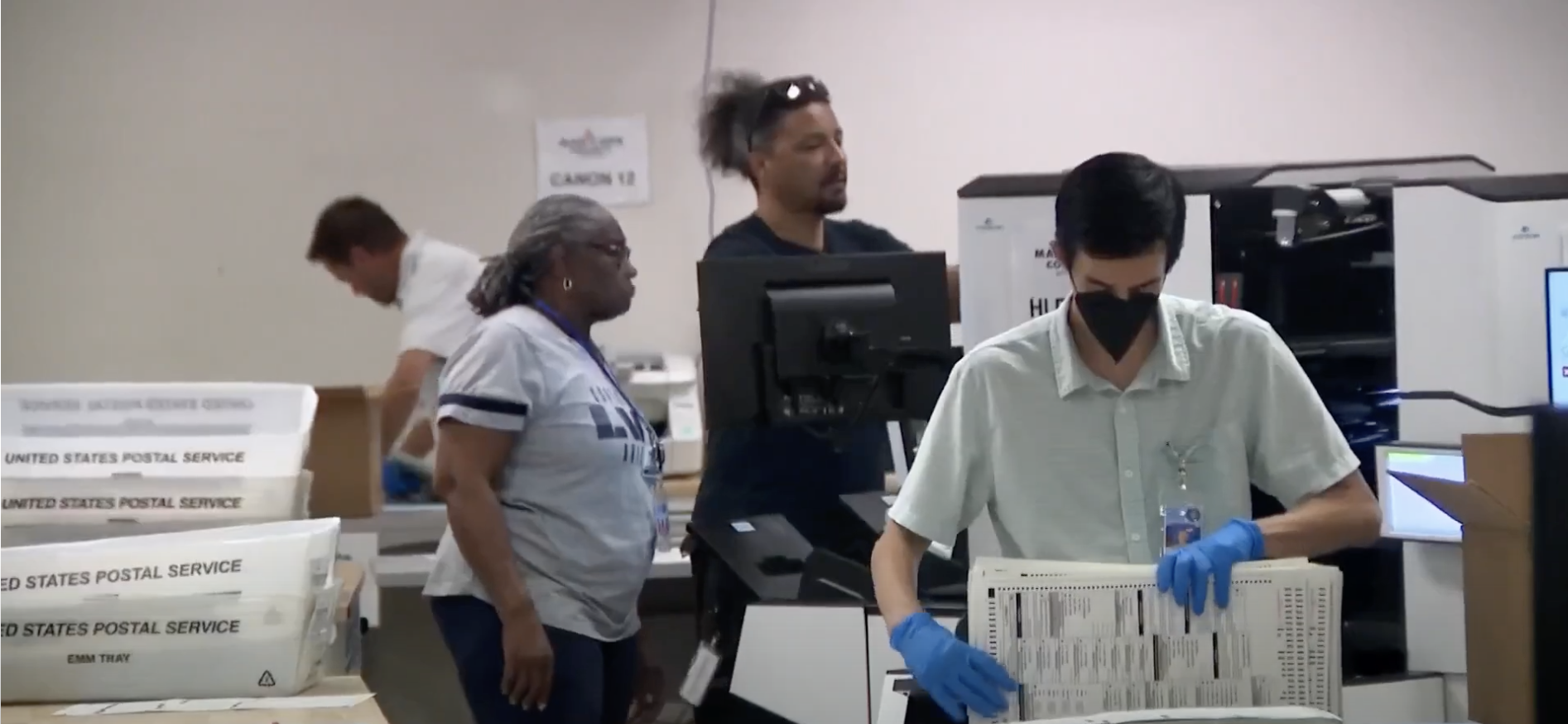U.S. Accuses Russia of Blocking Ukrainian Grain Exports, Fueling Food Crisis
U.S. Deputy Secretary of State Wendy Sherman on Tuesday accused Russia of jeopardizing global food security by blocking grain exports from Ukraine.
“Thirty percent of the world’s wheat exports typically come from the Black Sea region, as does 20 percent of the world’s corn and 75 percent of sunflower oil. But Russia has bombed at least three civilian ships carrying goods from Black Sea ports to the rest of the world, including one chartered by an agribusiness company,” Sherman told the U.N. Security Council.
“The Russian Navy is blocking access to Ukraine’s ports, essentially cutting off exports of grain. They are reportedly preventing approximately 94 ships carrying food for the world market from reaching the Mediterranean,” she said.
Sherman lashed out at the Russian U.N. ambassador, Vasily Nebenzya, for ignoring the humanitarian dimensions of the war and insisting Russia is on a noble quest to purge “Nazis” from Ukraine:
Third, with all due respect, Mr. Ambassador, as a Jewish American, I cannot help but say this is not about Nazis in Ukraine. Last week, former U.S. Secretary of State, and former Permanent Representative to this Council, and one of my most cherished personal friends, Madeleine Albright died. She loved representing the United States here. She would have been outraged by the words of the Russian Federation today.
Later in her life, she learned that her parents raised her as Catholic to protect her from the Nazis because her family was Jewish. She learned that three of her grandparents died at the hands of the Nazis, while in concentration camps. She knew that the Jewish President of Ukraine was certainly not a Nazi. And that the citizens of Ukraine being slaughtered and starving, and without food and medicine, and the subject of this humanitarian dialogue today, are not and never were Nazis.
And finally, this dialogue today is about the humanitarian needs of Ukrainian civilians and humanitarian needs of people around the world, who as David Beasley said so eloquently, “feeding hungry children, to feeding starving children.” It’s about, as he said, “going from a breadbasket to a breadline.”
David Beasley is the executive director of the U.N.’s World Food Program (WFP). He warned in early March that his organization relies on Ukraine for over half its supply of grain:
Ukrainian wheat moved swiftly on the conveyor belt of international markets and to our humanitarian operations for other countries beset by war, such as Afghanistan, Sudan and Yemen, where millions teeter on the edge of starvation. That conveyor belt now turns in reverse, as the WFP mobilizes to assist more than 3 million Ukrainians inside and outside the country, at a cost of half a billion dollars over the next few months.
Beasley told the U.N. Security Council on Wednesday that the Russian invasion will create “a catastrophe on top of a catastrophe” because the food shortages it causes will get worse as the next Ukrainian planting and harvest seasons pass without farmers to tend the crops, or fuel for their tractors. Vitally needed fertilizer shipments from Russia and Belarus are also being delayed by the war.
Beasley said the coming food shortages would produce a “crisis on top of a crisis” because unrest will spread around the world with hunger, triggering new waves of migration from Africa and the Middle East.
“When prices jump, and poor people cannot feed their families, they will be on the streets,” Human Rights Watch Middle East and North Africa Director Lama Fakih said on Monday, delivering a similar warning.
" Conservative News Daily does not always share or support the views and opinions expressed here; they are just those of the writer."





Now loading...